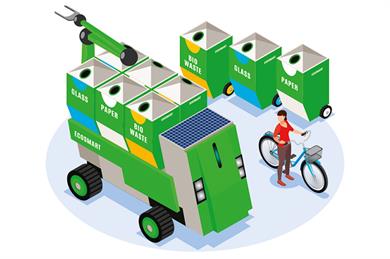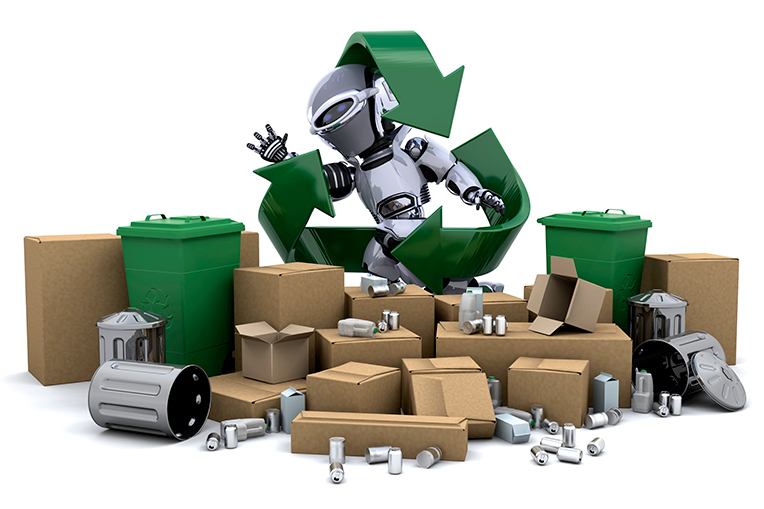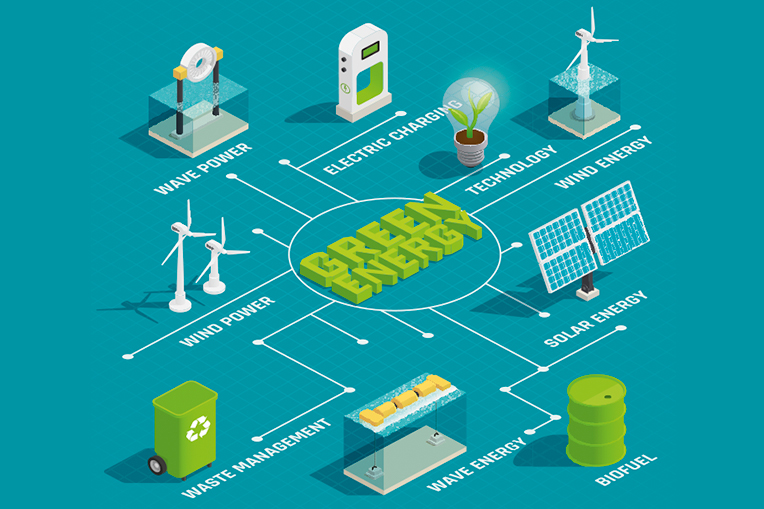 By Vincent Sim,
General Manager, Kärcher Singapore Private Limited
S
By Vincent Sim,
General Manager, Kärcher Singapore Private Limited
Singapore is entering its post Circuit Breaker period and the aftermath of the COVID-19 pandemic on our economy is severe; our GDP growth forecast for 2020 is now expected to contract by up to -7%. This is impacted by the necessary implementation of the Circuit Breaker measures which saw the closure of most workplaces and widespread dampening of retail activities (except essential services). Singapore’s export-oriented businesses were also not spared as wholesale trade, manufacturing and transportation were adversely affected by the slow-down in key regional and global markets.
The sustainability of the local cleaning industry has not been spared from this COVID-19 outbreak. Many service buyers such as shopping malls, public places and schools amongst many others, had to close their premises during the Circuit Breaker period. In addition, with the closure of borders, many foreign workers faced issues with housing and the prospect of making a choice between continuing to work in Singapore or returning to their home and families. Such disruptions will have an impact on service buyers and most importantly, the service providers in both short and long term.
Firstly, service buyers must adjust their expectations of the service providers. With a thinning pool of local cleaners and the loss of foreign cleaners, the supply of cleaners is under threat; and this may continue to be so even after the pandemic. Collectively, service buyers and providers must work hand-in-hand to ensure that cleaners are employed and suitably remunerated during the Circuit Breaker period, thereby ensuring that these services can be maintained when businesses eventually reopen and when cleaning services are intensified.
Like many other industries in Singapore, the COVID-19 pandemic has accelerated the need for business transformation, digitalization and a seismic change of mindset for all business owners. Businesses must reshape and gear towards automation and digitalization. From hawker stores to large scale retailers such as Zara and Harvey Norman, this pandemic highlights the need for speedy adoption of digitalizing their businesses. Through digitalization, businesses will be more equipped to improve work productivity and ultimately business sustainability. As such, it is important that companies in the environmental service/cleaning industry embrace the Environment Services Industry Transformation Map (ES ITM) launched 2 years ago.
One of the 4 pronged strategies is the upskilling of the cleaning workforce via the Skills Framework for Environmental Services. With digitalization of the industry on the horizon, skills of the cleaning workforce must be enhanced. New competencies such as data analytics, robotics and automation will be sought after. Digital literacy is no longer a buzzword but a necessity.
Next, the migrant worker situation has also highlighted a latent issue within the cleaning industry. The reliance on foreign workers is not sustainable even though it is necessary now. Current practices are not sustainable as illustrated by the COVID-19 situation. Our status as one of the cleanest and most liveable cities in the world will be under threat if current practices are not changed.
The service buyers must start adopting and implementing outcome or performance-based contracts to push for service providers to look into utilization of better cleaning technologies and resources such as digital solutions which can improve both productivity and cleaning outcomes. Contracts that are headcount driven should be abolished as this will not help with the situation. In addition, evaluation criteria must change to look beyond pricing and should include competencies, use of appropriate equipment, technologies and also skillsets of the cleaning workforce.
National Environmental Agency’s announcement of the enhancement of the Productivity Solution Grant is also a boon to the industry and service providers should make use of this grant to further their efficiency and business productivity by adoption of the latest technology solutions.
In the past 2 years, equipment and technology suppliers across the world have been launching cleaning robots furiously. In a recent survey commissioned by Karcher Singapore Private Limited and the Singapore Management University, it was noted that many cleaners have not embraced this robotic push well. Some cited the lack of operating knowledge and/or product training as reasons. Technophobia and the fear of job loss may be the real reason behind this. Site managers interviewed had qualms about how robots can improve productivity as some of these robots could not reach certain locations and, worst of all, some robots had to be manually retrieved by the cleaners as batteries deplete in the middle of a cleaning run; thus eliminating any productivity gains.
The above does not mean that autonomous cleaning is not suitable, rather, it will push all suppliers to rethink and relook into the design of their robotic cleaners in the field of usability and improvement of Artificial Intelligence. Similar to autonomous vehicles, I believe that we are at the cusp of a truly autonomous cleaning revolution and I believe that a more suitable robotic cleaning solution is near. Meanwhile, service providers must continue to intensify its training of its workforce. Such training may be in product knowledge but based on the survey findings, service providers must consider change management training as well.
Lastly, the COVID-19 situation has not only disrupted many lives and businesses, but it has also highlighted the shortcomings of many industries. It is a catalyst of change for many and particularly for the environmental services/cleaning industry. It is now up to both service buyers and providers to start making the necessary changes to ensure the sustainability of their premises and businesses and ultimately to keep Singapore clean and liveable.

